 George Washington
George Washington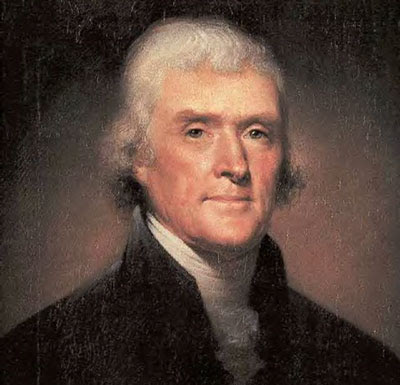 Thomas Jefferson
Thomas Jefferson Andrew Jackson
Andrew Jackson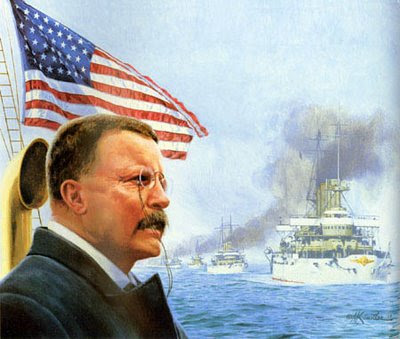 Theodore Roosevelt
Theodore RooseveltHistory,Connectivity,and Commentary: “Teach this triple truth to all: A generous heart, kind speech, and a life of service and compassion are the things which renew humanity.”- Buddha. But, "Always speak softly, and carry a big stick." Theodore Roosevelt
 George Washington
George Washington Thomas Jefferson
Thomas Jefferson Andrew Jackson
Andrew Jackson Theodore Roosevelt
Theodore Roosevelt

The election this year will join the exalted list of most consequential elections in American history no matter who wins. If Obama wins, he will beome the first mixed race person elected to the Presidency. If McCain wins, a woman, representing a group that for 144 years of American History, were disenfranchised and had no say in the affairs of government will be the Vice President. A truly historic moment in our history, when race, and gender give way to merit.
I will start out by linking several articles that examine the latest choice made by often labeled Maverick John McCain. When John McCain selected Alaska governor Sarah Palin for his running mate, the perturbation across the media release a tidal wave of articles and blog posts.
McCain Makes Calculated Bet in the Wall Street Journal by LAURA MECKLER, ELIZABETH HOLMES and JIM CARLTON.
The Battle for Women Begins in the Washington Post by Juliet Eilperin and Anne Kornblut
.
Campaigns Shift as McCain Choice Alters the Race in the New York Times by By ADAM NAGOURNEY, JIM RUTENBERG and JEFF ZELENY
Tom then pens a in depth analysis of the race as seen from the prospective of a grand strategist. Still deeply but closely divided. In this post, Tom looks at the whole process and offers comment on why things are so close.
.
And bringing up the rear, a cross section of bloggers offering their views on the most recent choice in politics.
Zenpundit tdaxp Lexington Green Fabius Maximus Progressive Historians Purpleslog.
And finally, from Victor Davis Hanson , A Maverick Choice,
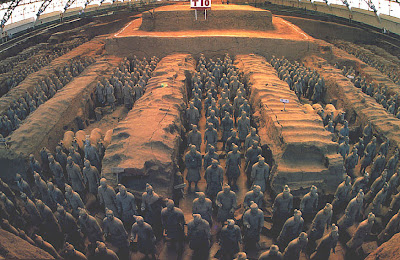
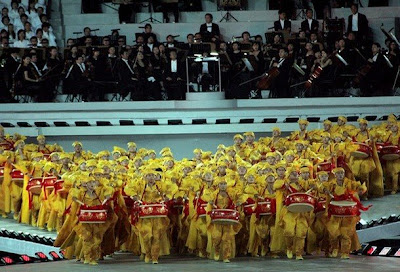
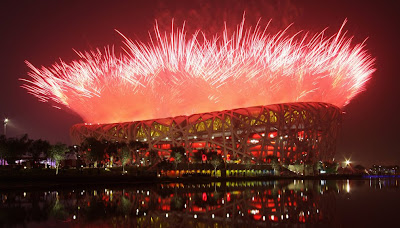
There is something eerie about the sameness of thousands of terracotta warriors and the drummers in both the opening and closing ceremonies of the 2008 Olympics in China.The Olympics are over, China has accomplished most of the goals it's authoritarian government set out to do. For almost all of China's 5000 year history the goal has been to demand tribute from lesser states whom in their view was every other entity on earth. They were less inclined on conquest, except during the short time of Mongol rule. Even they stopped their forays as soon as the good grassland for their horses began to run out in Eastern Europe and the sands of Levant.
Now it begins to see what China will make of it's new found pride and sense of greatness. The articles below begin to question the afterglow, and ask if this will lead to a more open China, or a China that for 5000 years of history, placed most people at the bottom, to sustain first the emperors, and their nobility. Then today, the central authority, and some of the newly rich whom have become an economic nobility.
News Analysis: After Glow of Games, What Next for China? From the New York Times
For Beijing, a 'Perfect' Olympics - Thomas Boswell, Washington Post
Melting Pot Meets Great Wall - Thomas Friedman, NY Times
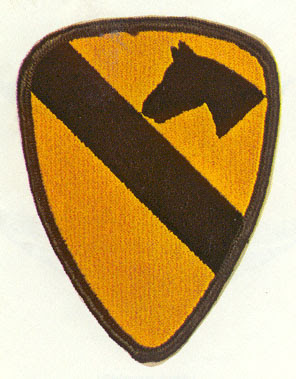 1st Cav Div Patch
1st Cav Div Patch "Too Tall" in Vietnam
"Too Tall" in Vietnam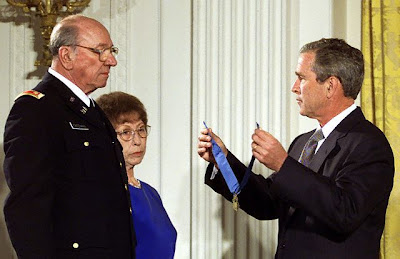 Major Ed Freeman receiving the Medal of Honor
Major Ed Freeman receiving the Medal of Honor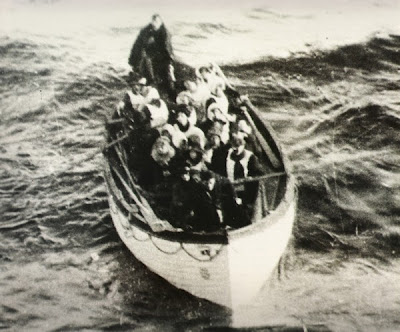






Mark Safranski at Zenpundit leads off with this analysis of what is shaping up to be a failure to have any policy for the unexpected.
Russia Policy: Trying to Make A Virtue Out of Having Ceded the Initiative
 Iraq soccer celebration
Iraq soccer celebration Bagdad Market
Bagdad Market Iraqi Children
Iraqi Children




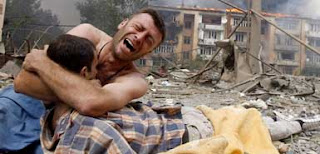 The bogosphere has been the best source for the growing war between Russia and Georgia. But before listing some of the important links covering this story. I want to pose a question that no one in the main stream media, world governments, NGO's Humanitarian organizations or elite celebrities have spoken out about the Russian's indiscriminate bombing of civilian targets. Followed by Georgia artillery that added to the civilian carnage.
The bogosphere has been the best source for the growing war between Russia and Georgia. But before listing some of the important links covering this story. I want to pose a question that no one in the main stream media, world governments, NGO's Humanitarian organizations or elite celebrities have spoken out about the Russian's indiscriminate bombing of civilian targets. Followed by Georgia artillery that added to the civilian carnage. Confucius
Confucius Han trade routes
Han trade routes Treasure ship vs Santa Maria
Treasure ship vs Santa Maria Treasure ship
Treasure ship

 Water Risks
Water Risks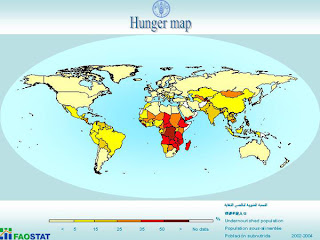
 Gap countries=population+scarce food+scarce water
Gap countries=population+scarce food+scarce waterThe current rate of births world wide indicates that world population will grow by half it's number to over 9 billion souls by 2050. This is another reason to try and shrink the gap. A post by Tom Barnett The Gap: where it's hardest to grow food and where populations grow fastest draws an obvious correlation between the Non-Integrating Gap states, and places where there are populations expanding amid areas of poor growing conditions. . It is a major challenge for the richer nations to confront this growing problem.
Steve DeAngelis of Enterra Solutions has written extensively on this problem and has spotlighted both the problem and what some are doing to try and get a handle on it.
Food and Water Shortages in the Middle East
Globalization and Economic Stability Ah Quin
Ah Quin Ah Quin Family
Ah Quin Family
 Dr. Dennis Ming 1944-2008
Dr. Dennis Ming 1944-2008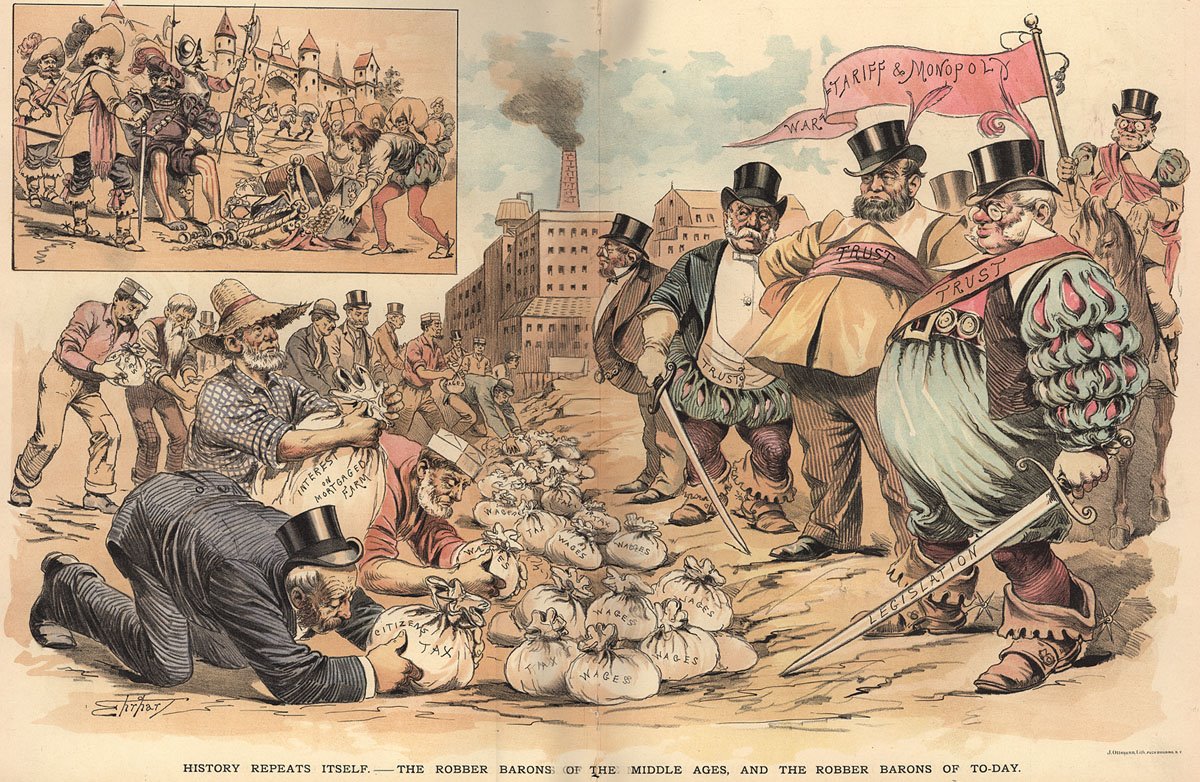
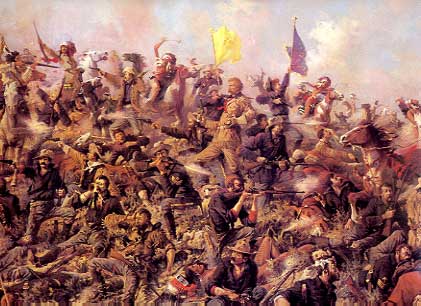
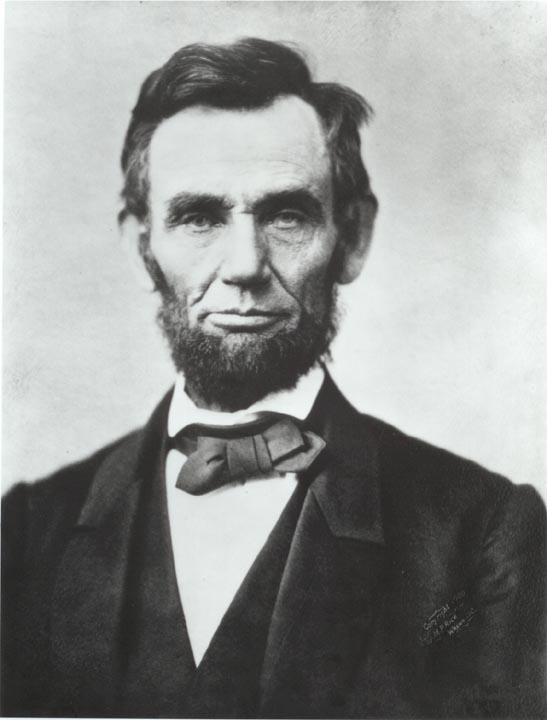
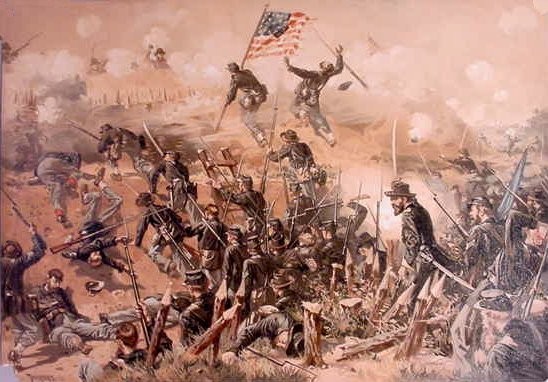 Vicksburg, 1863
Vicksburg, 1863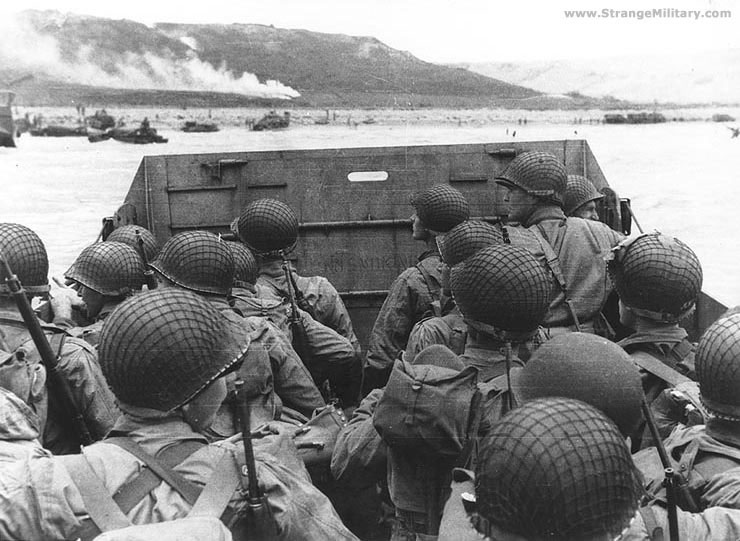 D-Day Heroes
D-Day Heroes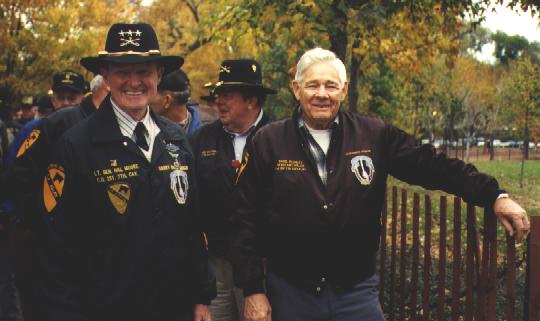 Two genuine heroes, Lt. Gen. Hal Moore and SGM Basil Plumbley
Two genuine heroes, Lt. Gen. Hal Moore and SGM Basil Plumbley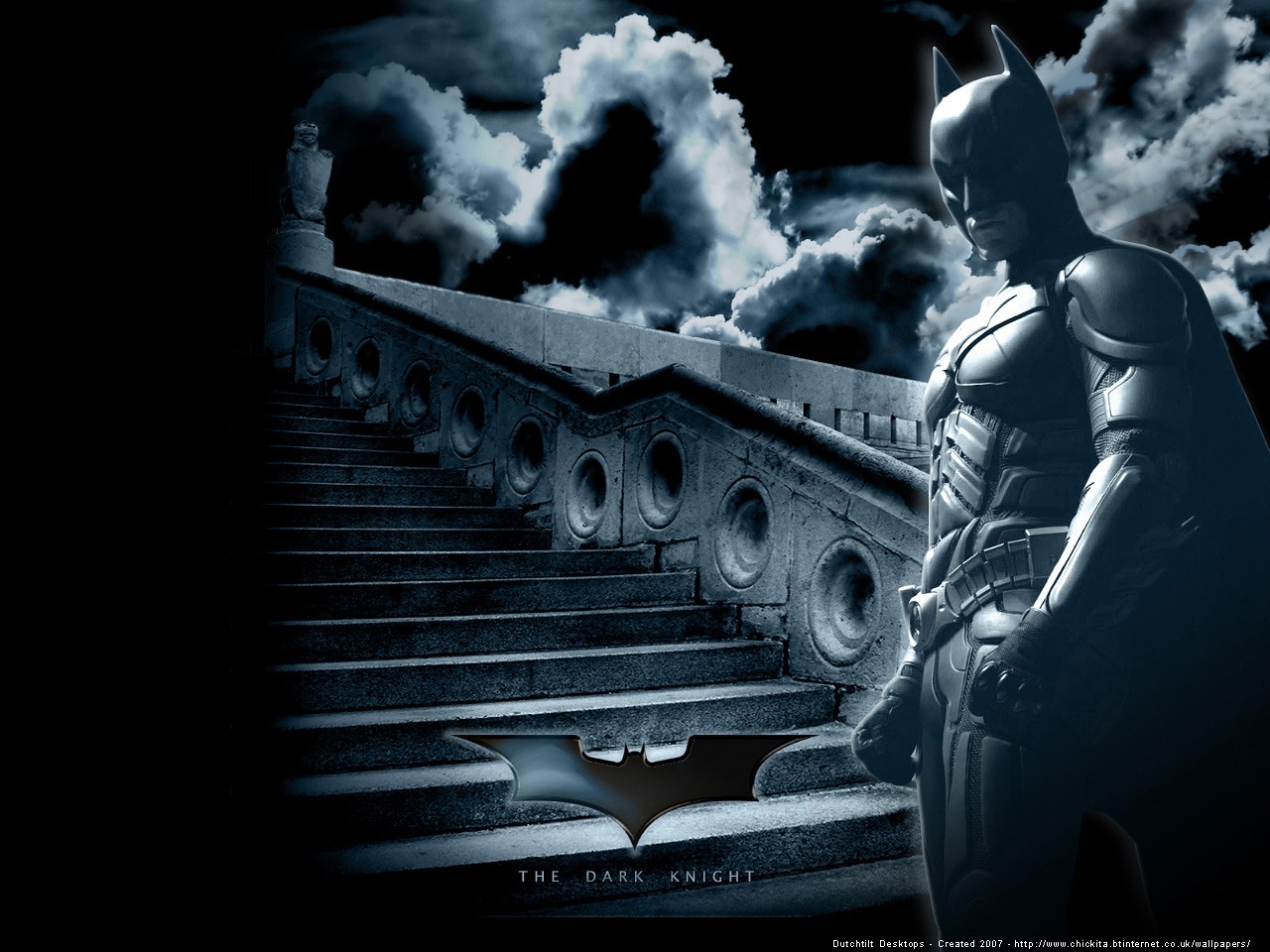 The Dark Knight-Post-Heroic Icon?
The Dark Knight-Post-Heroic Icon?An excellent post by Pat Porter on the blog Kings of War caught my eye today. The topic looks at the current perception of war in Western World.
.
Porter begins:
I’ve always been a little uneasy with the notion that we in the West wage post-heroic war because we live in post-heroic societies.
The argument goes like this: several converging influences have made traditional heroic world views redundant. Western societies that don’t live in almost a permanent state of emergency (like, say, Israel) are increasingly distant from the military.
They live in times of affluence and material plenty without precedent. They are very casualty averse.
Hence the way we prefer to fight wars: low-casualty (or even bloodless for our own side, like Kosovo in 1999); a preoccupation with force protection over risk-taking heroism; a preference for air power-driven strategies over ground operations; an obsession with media-management and public relations; no conscription, compulsion and hardly any mobilization of broader society (the Marines are at war, America is at the mall); and a judicialisation of warfare, so that some victims of malpractice in our expeditionary wars are given a hearing and compensated.
“The Dark Knight,” then, is a conservative movie about the war on terror. And like another such film, last year’s “300,” “The Dark Knight” is making a fortune depicting the values and necessities that the Bush administration cannot seem to articulate for beans.
What seems to be happening is something more complex: policymakers reckon on a post-heroic society, and then their policies are interpreted as evidence of the existence of post-heroic society.
This essay is fertile with ideas that resonate and stir ones inner conscious mind and beg reflection as we continue to face the reality that war, is still a part of the human experience.
An Example of Heroism
This blog has posted often about the people we send in harms way. It is appropriate revisit one site and the ongoing battle being waged in a hospital room to save a young mans life. Attention was called to this young man by the post Broken Arrow for Kaboom Readers! Matthew Wheeler who was burned over 60% of his body in a fueling accident in on June 22, 2008 continues his struggle to recover. For those of you who have not followed his progress, here is the link to a daily blog by Matt's mom, who to me, exemplifies the best in motherhood. (http://www.caringbridge.org/visit/matthewwheeler). It reminds us that heroism is not confined to the battlefield.
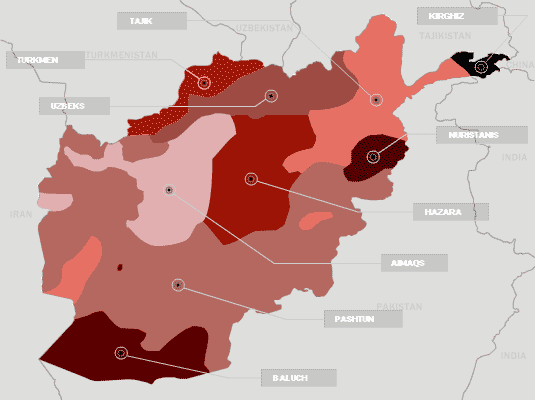 Afghan Tribal Areas
Afghan Tribal Areas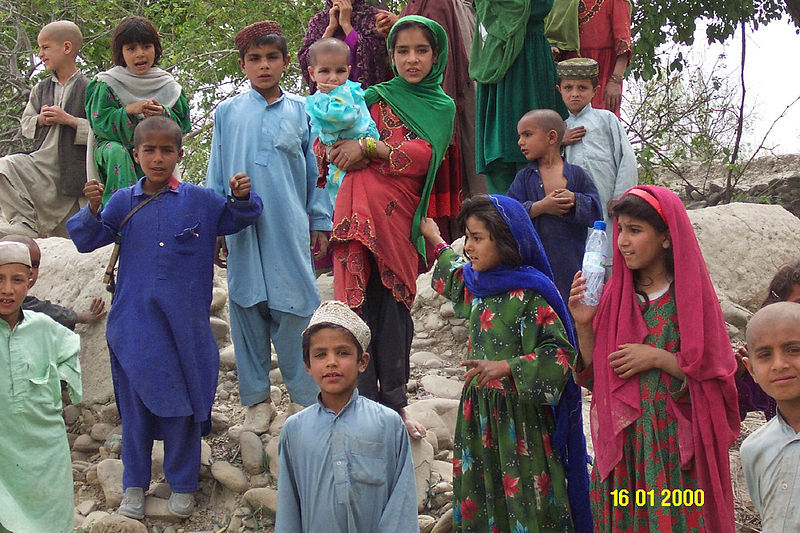 Children of Afghanistan
Children of Afghanistan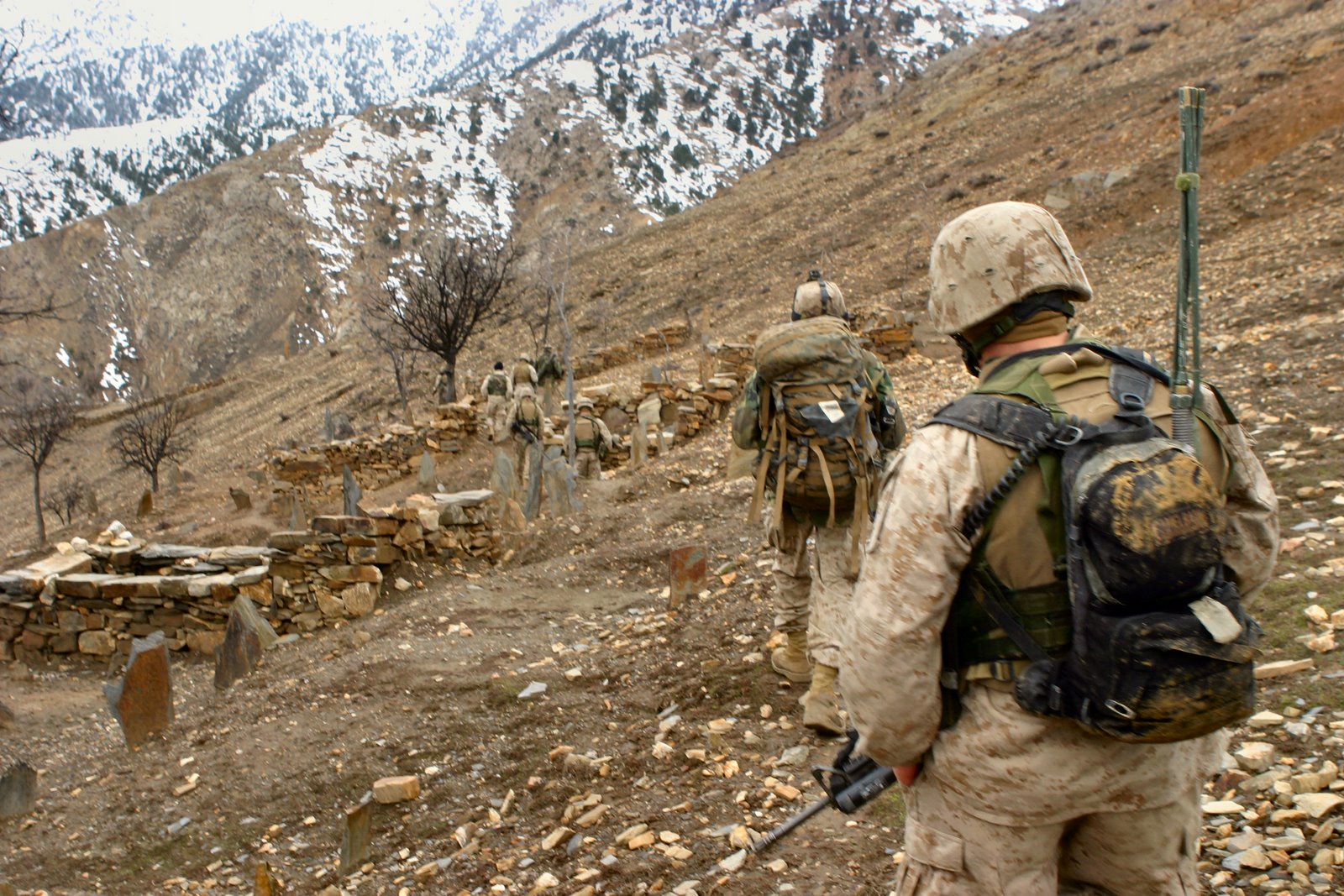 U S Marines 24th MEU
U S Marines 24th MEU Afghan National Army in Action
Afghan National Army in Action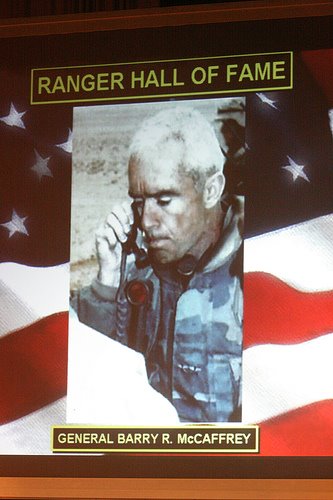
A very important report has been posted at Small Wars Journal by the SWJ Editors. The report was filed by retired U.S. Army General Barry McCaffrey, who recently returned from a fact finding study in Afghanistan. His observations strip away the veneer and gets to the heart of what the World must face up too, in order to midwife the difficult birth of a nation.
The Report: After Action Report (AAR)
Bottom-Line: Six Assertions:
(1) Afghanistan is in misery. 68% of the population has never known peace. Life expectancy is 44 years. It has the second highest maternal mortality rate in the world: One of six pregnant Afghan women dies for each live birth. Terrorist incidents and main force insurgent violence is rising (34% increase this year in kinetic events.) Battle action and casualties are now much higher in Afghanistan for US forces than they are in Iraq.
Pakistan
Pakistan is a state of four separate nations under a weak federal government. The Pakistani military is the central load-bearing institution of the state.
Afghanistan: A Narco-State
The Taliban, Al Qaeda, war lords, and Afghan criminal enterprises are principally funded by what some estimate as $800 million dollars a year derived from the huge $4 billion annual illegal production and export of opium/heroin and cannabis.
Building the Afghan Security Forces
… We desperately need an additional 2300 police trainers. This is the central effort to win the war in Afghanistan.
The US Armed Forces:
The combat effectiveness, courage, and leadership of our deployed joint military forces are simply inspirational. The leaders are battle-hardened, show enormous initiative, and can organize anything.
Summary:
We cannot allow ourselves to fail in Afghanistan.
NATO is central to achieving our purpose.
This is a generational war to build an Afghan state and prevent the creation of a lawless, extremist region which will host and sustain enduring threats to the vital national security interests of the United States and our key allies.
Afghanistan is a region that has resisted change, and outsiders for over two millennium. The very nature of those who chose to inhabit the lonely mountain valleys and are content to live as their ancestors have lived presents a problem that the core states of the World find completely alien. McCaffrey notes that it will take at least 25 years of involvement to bring Afghanistan to a sustainable level. The level of commitment will be tested many times, and truthfully, if we follow the pattern of history, Afghanistan and the mountainous tribal regions will remain unreachable until some other social cancer like AQ or it's offshoots commit such an unspeakable horror that the World reacts too in a equally unspeakable response. That said, it is a mission that the collective world needs to see completed. General McCaffrey lays out his views, they may diverge from other's but his bottom line is the same for all informed observers.
